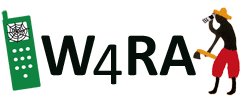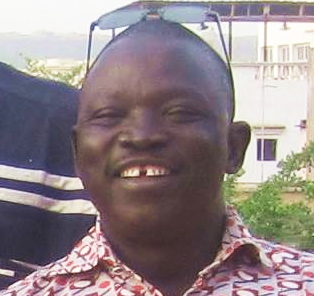For a long time, Informatics has been viewed as a foremost technical scientific discipline; an idea aptly captured by the name “Computer Science”. For a long time, this view might have been justified. We are now witnessing how ICT technologies have become mainstream along with a full-scale fundamental impact on society at large. In the public perception (Big) Data Science and AI are at the centre of this, but clearly many more Informatics branches are part of this phenomenon. While some technology optimists uncritically hail ICT’s societal impact as unequivocally beneficial, many others have expressed doubts and concerns about various developments as undesirable or dangerous (e.g. [1]).
Reflecting on these developments, a significant international group of academics created the initiative on Digital Humanism in May 2019, with the publication of the Vienna Manifesto on Digital Humanism (https://dighum.ec.tuwien.ac.at/dighum-manifesto/), developed and discussed at an associated workshop in Vienna [2], as its launching event. The manifesto quotes the founder of the Web Tim Berners-Lee in that the system is failing [2] in view of phenomena such as the monopolization, bubblization and weaponization of Internet and Web. The Digital Humanism initiative undertakes to analyze the digital society state-of-play in an interdisciplinary way, discuss associated critical issues, and most importantly, to shape technological developments in accordance with human values and needs.
Digital Humanism acknowledges that the relationships between technology and society are complex, but it does not view technological developments as one-way impacting society or as `unavoidable’. Rather, it views the relationship of technology and humankind as a coevolution (a point further developed e.g. in [3]). It thus calls for a contribution (also) by scientists and professionals to help steer the digital society in the direction of a better society and life, fully respecting democracy and universal human rights.
The Digital Humanism initiative has several activities running. In addition to an Annual DigHum Workshop, there is a regular Lecture Series consisting of talks and panels on urgent topics. Attendance is free and open; talks are live-streamed, but also stored for later viewing on the DigHum YouTube channel: https://www.youtube.com/digitalhumanism. Sample talks and topics include matters of ICT and ethics (Deborah Johnson, Guglielmo Tamburrini, Barbara Grosz), “How not to destroy the world with AI” (Stuart Russell), digital sovereignty, superpowers and geopolitics (a.o. June Lowery-Kingston, European Commission, Paul Timmers), freedom of expression in the digital public sphere (Sunimal Mendis, Christiane Wendehorst), philosophical foundations of Digital Humanism (Julian Nida-Rümelin).
A book Perspectives on Digital Humanism is in preparation, on a broad range of topics viewed from different disciplinary angles, edited by Edward Lee, Carlo Ghezzi, Erich Prem and Hannes Werthner.
Recently, a DigHum Curriculum Working Group has been formed that aims to spark off and bring together ideas how such matters can be taught and integrated to deepen academic student education in the digital fields.
For information on upcoming and past events and speakers in the DigHum Lecture Series. It is also still possible to sign the Vienna Manifesto on Digital Humanism on the DigHum home page.
[1] See e.g. the Public Letter on Lethal Autonomous Weapons, initiated by Toby Walsh and colleagues, cf. https://futureoflife.org/open-letter-autonomous-weapons/
[2] Moshe Y. Vardi. 2019. To Serve Humanity. Communications of the ACM, July 2019, Vol. 62, No. 7, Page 7. DOI: https://doi.org/10.1145/3338092.
[3] Tim Berners-Lee. 2018. ACM Turing Award Lecture, given at the 10th ACM Web Science Conference on 29 May 2018 in Amsterdam. The video of the Turing Lecture is available at the acm.org website: https://amturing.acm.org/vp/berners-lee_8087960.cfm
[4] Edward A. Lee. 2020. The Coevolution: The Entwined Futures of Humans and Machines. MIT Press, Cambridge, MA, USA, 2020.



